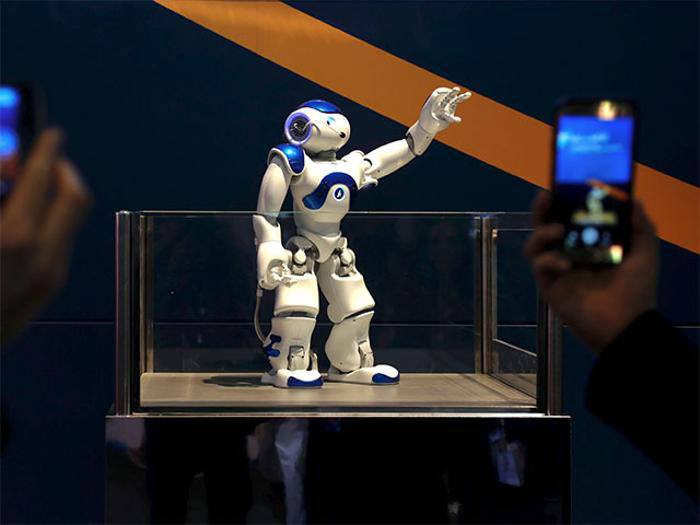Having an assistant can bring a significant change in your everyday routine. It helps in our routine tasks, reminding to take medicine on time, being there for a casual conversation. IBM in collaboration with Maharashtra Institute of Technology (MIT), Pune have developed such assistant called robot Chintu.
The robot Chintu is introduced as a cognitive assistant that will assist senior citizens in conducting everyday tasks.
The assistant robot Chintu is 58 cm tall. It has the weight of 5 Kg. In case you are getting bored, this new assistant will entertain you by dancing to ‘Gangnam Style’. Perhaps, it replicates Shahrukh Khan’s signature moves if that’s more their style.
Students took inspiration from a French firm, Aldeberan. To build the robot’s brain, they used API from IBM’s cognitive platform Watson, along with the IBM Bluemix Cloud platform. The API is also the reason for actual intelligence in the robot.

Krishnamohan Manmohan, a student at MIT, Pune said, “What I like most about Watson is that it can solve real world problems. These services can be used as and when required, and are always accessible.”
The robot Chintu can read text from a sheet of paper. It consists of a Tone Analyser API through which it can sense the mood of a person and respond them accordingly.
Vrushali Kulkarni, Professor and Head of Computer Engineering Department at MIT, Pune said, “The robot has opened up a new and exciting research avenue for our students. Robotics, machine learning, and cognitive computing are interesting and exploring fields of research today and our students are getting first-hand experience of working in these fields.”
Mezjan Dallas, University Relations Leader at IBM India said, “It is amazing to see what bright young students could do with technologies like IBM Watson. And the robot Chintu is the great example of it. You put great technology in the hands of bright and enthusiastic students, you give them freedom and a fun element and India’s next generation of engineers start to do magical things. This is the way in which innovation will happen in the future.”
